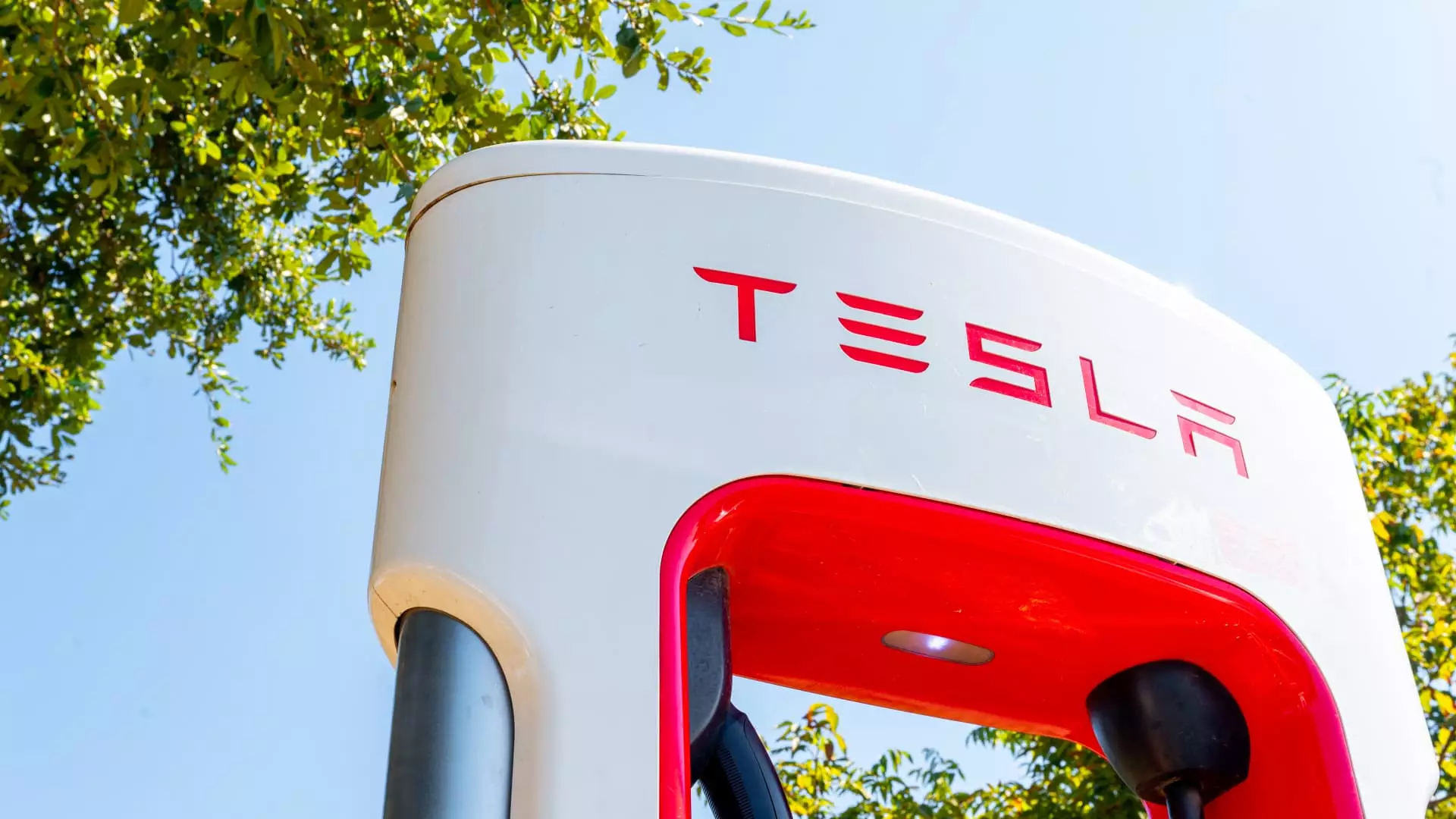In 2023, a tragic incident occurred in Walnut Creek, California, where a Tesla Model S was involved in a fatal collision that claimed the life of Genesis Giovanni Mendoza-Martinez. His brother Caleb, who was a passenger during the incident, suffered serious injuries. This accident has led to a significant lawsuit against Tesla, filed by the Mendoza family. Central to their claim is the assertion that the company engaged in “fraudulent misrepresentation” regarding its Autopilot technology, which is supposed to provide partial automation for driving.
The implications of this case extend beyond the immediate tragedy; they touch on the broader responsibilities of technology companies in promoting their products. The Mendoza lawsuit alleges that Tesla, led by CEO Elon Musk, has consistently exaggerated the capabilities of its Autopilot system through various public forums, including social media, corporate blogs, and earnings calls. This raises a vital question: To what extent do companies owe their consumers transparency about the limitations of their products?
The Mendoza family’s case has transitioned from state court to federal court in California’s Northern District, a strategic move that can significantly affect the nature of evidence that must be presented. Generally, cases involving claims of fraud face a stiffer burden of proof in federal courts, making it potentially more challenging for plaintiffs to succeed. Tesla’s defense centers on the assertion that the driver’s actions were negligent and that Tesla’s representations were not significant contributors to the outcome.
Tesla’s legal strategy highlights a critical aspect of liability in the age of autonomous technology—determining fault in incidents where driver interaction may overlap with automated systems. The issue becomes particularly complex when society is navigating the integration of advanced driving technologies. It raises essential discussions about consumer education and the ethical implications of marketing technologically sophisticated products.
The incident involving Mendoza represents just the tip of the iceberg for Tesla, as the company is currently faced with a growing list of similar lawsuits related to its Autopilot and Full Self-Driving (FSD) systems. With at least 15 active cases alleging negligence or misrepresentation in various forms, the scrutiny surrounding Tesla’s marketing claims is intensifying. This increasing legal pressure parallels an ongoing investigation by the National Highway Traffic Safety Administration (NHTSA) that began in 2021, further signaling unease about the safety protocols surrounding these automated driving technologies.
In a broader sense, these legal actions embody a growing concern among regulators and consumers alike regarding the reliability and safety of autonomous vehicles. With the NHTSA’s investigations into whether Tesla’s resolutions to prior issues effectively mitigate risks, the question looms: Can regulatory bodies keep pace with the rapid advancements in automotive technology?
As Tesla maneuvers through this legal minefield, it is experiencing fierce competition from other firms that are already deploying their own autonomous driving services. Companies like Waymo, WeRide, and Pony.ai are not only developing but successfully operating commercial robotaxi fleets, which puts Tesla’s promises into sharper focus. While Musk has continuously assured stakeholders that full autonomy is on the horizon, actual implementations remain to be seen.
This competitive landscape raises a vital point regarding market pressure and the integrity of product claims. Companies striving to maintain a technological edge might feel compelled to make bold assertions about their capabilities, but such practices risk public trust and legal repercussions. Transparency must remain paramount, as the consequences of misunderstanding the limitations of automated driving systems can be dire.
As the Mendoza lawsuit progresses and Tesla faces continued scrutiny, this situation serves as a case study for the entire industry. It emphasizes the intricate balance that tech companies must strike between innovation and ethical responsibility. Properly managing consumer expectations regarding advanced technologies is critical—not only for corporate reputation but also for public safety.
Moving forward, it is incumbent upon Tesla and its competitors to engage in more transparent communication with consumers and regulators alike. Emphasizing clarity over marketing hyperbole can contribute to building a safer and more informed environment for both drivers and the general public. As the legal landscape evolves in response to these incidents, it is essential for the autonomy-driven industry to commit to learning from failures and enhancing safety protocols, ensuring that the future of driving technology is both innovative and reliably safe.

Leave a Reply